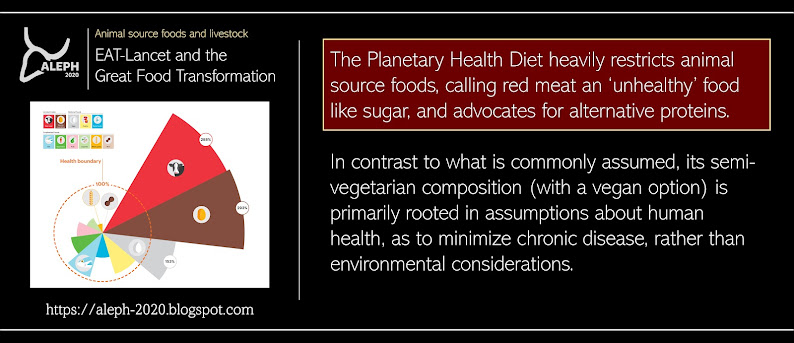"Livestock systems must progress on the basis of the highest scientific standards. They are too precious to society to become the victim of simplification, reductionism or zealotry"
#COP27 #FoodSystems #ActionOnFood #FoodSystemsPavilion #LetsTalkLivestock
dublin-declaration.org
#COP27 #FoodSystems #ActionOnFood #FoodSystemsPavilion #LetsTalkLivestock
dublin-declaration.org

"Today’s food systems face an unprecedented double challenge"
#COP27 #FoodSystems #ActionOnFood #FoodSystemsPavilion #LetsTalkLivestock
dublin-declaration.org
#COP27 #FoodSystems #ActionOnFood #FoodSystemsPavilion #LetsTalkLivestock
dublin-declaration.org

"The highest standards of [..] evidence underscore that the regular consumption of meat, dairy & eggs, as part of a well-balanced diet is advantageous for human beings"
#COP27 #FoodSystems #ActionOnFood #FoodSystemsPavilion #LetsTalkLivestock
dublin-declaration.org
#COP27 #FoodSystems #ActionOnFood #FoodSystemsPavilion #LetsTalkLivestock
dublin-declaration.org

"While the livestock sector faces several important challenges [,] one-size-fits-all agendas [could] could incur environmental problems on a large scale"
#COP27 #FoodSystems #ActionOnFood #FoodSystemsPavilion #LetsTalkLivestock
dublin-declaration.org
#COP27 #FoodSystems #ActionOnFood #FoodSystemsPavilion #LetsTalkLivestock
dublin-declaration.org

"For millennia, livestock farming has provided humankind with food, clothing, power, manure, employment and income as well as assets, collateral, insurance and social status"
#COP27 #FoodSystems #ActionOnFood #FoodSystemsPavilion #LetsTalkLivestock
dublin-declaration.org
#COP27 #FoodSystems #ActionOnFood #FoodSystemsPavilion #LetsTalkLivestock
dublin-declaration.org

"Sustainable livestock will [provide] solutions for the additional challenge of today, to stay within the safe operating zone of planet Earth’s boundaries"
#COP27 #FoodSystems #ActionOnFood #FoodSystemsPavilion #LetsTalkLivestock
dublin-declaration.org
#COP27 #FoodSystems #ActionOnFood #FoodSystemsPavilion #LetsTalkLivestock
dublin-declaration.org

For evidence, we refer to the International Summit on the Societal Role of Meat (October '22, recordings will be made available) + upcoming Special Issue of Animal Frontiers (March)
#COP27 #FoodSystems #ActionOnFood #FoodSystemsPavilion #LetsTalkLivestock
events.zoom.us/ev/Apy_s03Q4-y…
#COP27 #FoodSystems #ActionOnFood #FoodSystemsPavilion #LetsTalkLivestock
events.zoom.us/ev/Apy_s03Q4-y…
If you're a scientist, please consider endorsing the #DublinDeclaration and spreading it within your network. This topic has never been more important.
dublin-declaration.org/sign
dublin-declaration.org/sign
• • •
Missing some Tweet in this thread? You can try to
force a refresh




















